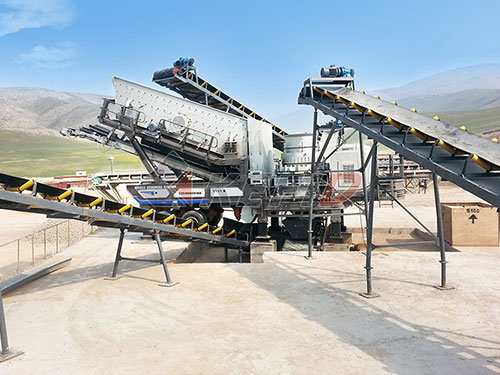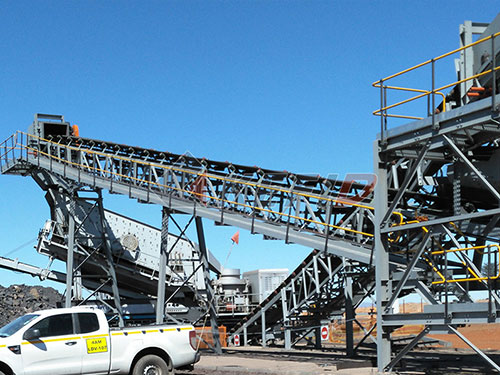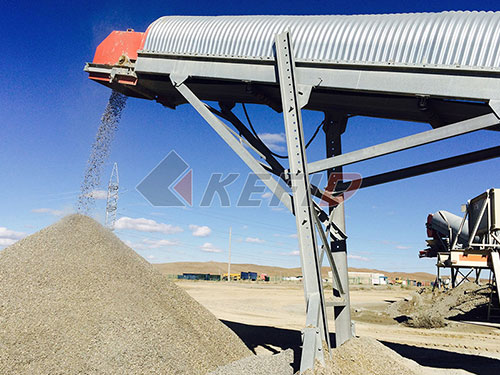Crushing Concrete & Costs: Your Guide to Buying the Right Crusher
Concrete: it’s the backbone of modern construction, but when structures come down or slabs need replacing, that same concrete becomes a formidable waste challenge. Disposing of tons of rubble is expensive and environmentally taxing. This is where concrete crushers step in as game-changers, transforming demolition debris into valuable recycled aggregate right on-site. If you’re considering purchasing one, understanding the market for concrete crushers for sale and their associated costs is crucial.
Why Invest in a Concrete Crusher?

The benefits are compelling:
Massive Cost Savings: Eliminate skyrocketing landfill tipping fees and reduce the need for importing new virgin aggregate.
On-Site Recycling: Process debris directly where it’s generated, saving significant transportation costs and time.
Create Valuable Product: Produce high-quality recycled concrete aggregate (RCA) for use as base material, backfill, drainage layers, or even new concrete (subject to specifications).
Environmental Responsibility: Drastically reduce your project’s carbon footprint by minimizing trucking and landfill use.
Space Efficiency: Clear sites faster by processing rubble immediately.
Navigating the Types: Finding Your Perfect Crushing Match

Choosing the right crusher hinges on your project size, material volume, desired output size, mobility needs, and budget. Here’s a breakdown:
1. Jaw Crushers:
How They Work: Use compressive force between a fixed and a moving jaw plate.
Best For: Primary crushing of large chunks of concrete (slabs, foundations). Excellent at reducing size quickly.
Output: Relatively coarse aggregate.
Mobility: Available as tracked or wheeled mobile units for high mobility, or stationary models.
Cost Factor: Mid to high-range; robust construction commands a price.
2. Impact Crushers:
How They Work: Hurl concrete against hard surfaces or impact bars using high-speed rotors/hammers.
Best For: Secondary crushing after a jaw crusher or primary crushing softer/demolished concrete. Excellent for producing more cubical-shaped aggregate desirable for many applications.
Output: Can produce finer grades compared to jaw crushers alone.
Mobility: Widely available as highly mobile tracked units ideal for demolition sites and moving between jobs.

Leave a Reply